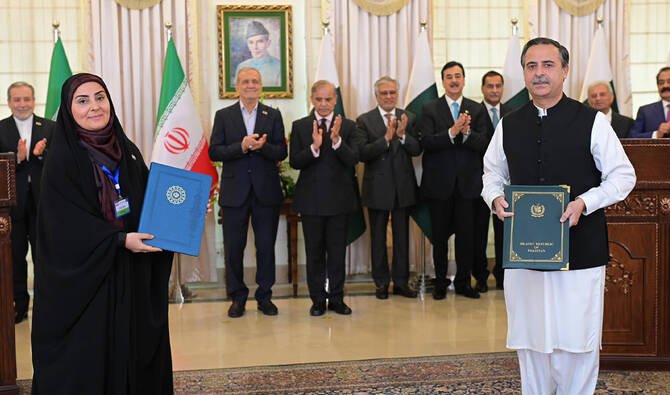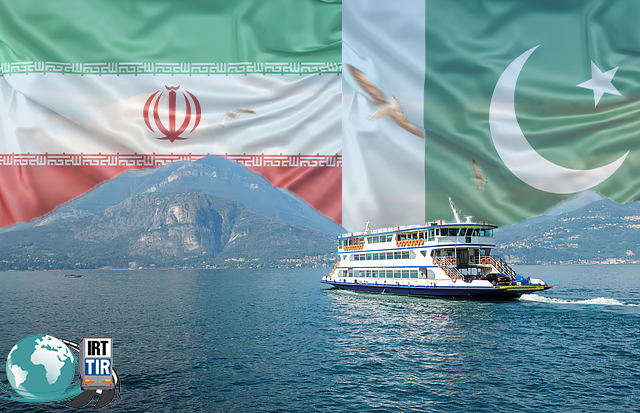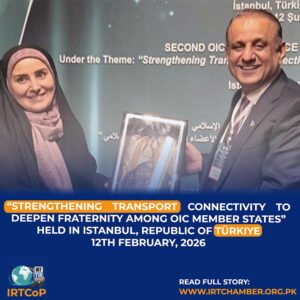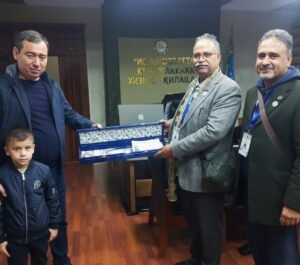In a landmark step toward improving regional maritime connectivity, Pakistan has issued its first-ever international ferry service license. This historic development paves the way for licensed passenger ferry operations between Pakistan, Iran, and Gulf Cooperation Council (GCC) countries, including the United Arab Emirates, Oman, and Bahrain.
The license was awarded to Sea Keepers, following a thorough evaluation by a multi-agency licensing committee composed of representatives from maritime, immigration, customs, and transportation departments. The approval signals Pakistan’s growing emphasis on regulated and reliable sea-based passenger transport as a complement to its overland and air networks.
A Diplomatic Outcome Supporting Regional Connectivity
This initiative also comes as a direct outcome of recent high-level diplomatic engagements between Pakistan and Iran, where both nations agreed to enhance cross-border travel, trade, and connectivity. The approval of the ferry license reflects the shared intent to improve people-to-people links and facilitate religious, cultural, and regional interaction.
The ferry routes will connect key Pakistani ports such as Karachi and Gwadar to maritime points in Iran and the Gulf, offering citizens a cost-effective and convenient travel alternative.
Supporting Safer and More Affordable Passenger Travel
The introduction of licensed ferry services is expected to ease pressure on land routes and air travel by offering an accessible sea-based option, particularly beneficial for pilgrims, families, and regional travelers. With designated ferry terminals equipped for immigration, customs, and security checks, the system is being developed to ensure safe and streamlined passenger movement.
IRTCoP President Rana Asif Khan Welcomes the Decision
Rana Asif Khan, President of the International Road Transport Chamber of Pakistan (IRTCoP), praised the move as a meaningful addition to the country’s transport strategy:
“The issuance of Pakistan’s first international ferry license is a progressive and well-calculated step. It reflects a deeper understanding of how regional mobility can be improved through cooperative policies and strategic investments. IRTCoP appreciates this development as it broadens the spectrum of passenger travel while complementing existing transport infrastructure. It’s encouraging to see that outcomes of diplomatic visits are being translated into action for the benefit of the people.”

Part of a Broader Vision for Maritime Integration
This development aligns with Pakistan’s broader goals of modernizing transport infrastructure and boosting regional connectivity, especially through underutilized sea routes. As ferry operations begin, stakeholders expect further integration of passenger mobility systems that enhance both domestic and international travel.
While the current focus remains on regulated passenger movement, the successful execution of this service may lay the groundwork for future maritime collaborations.



